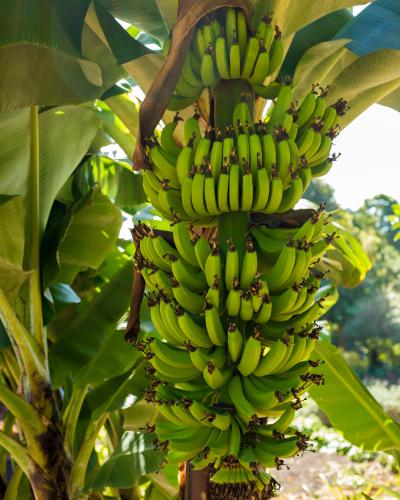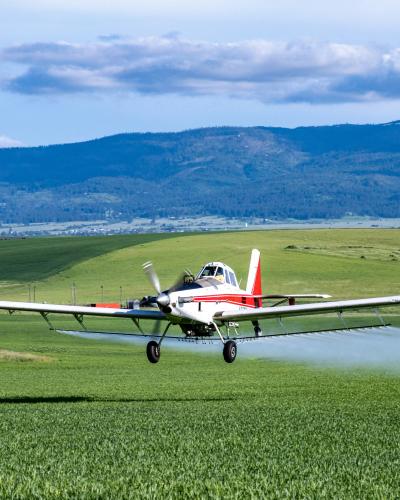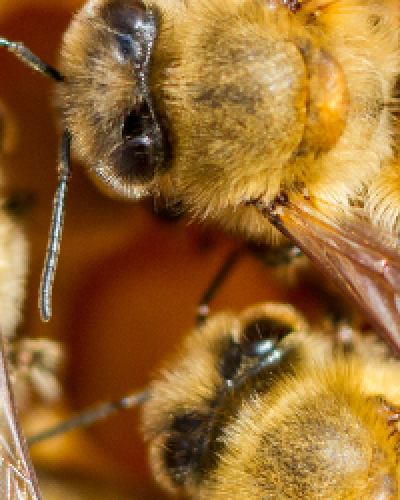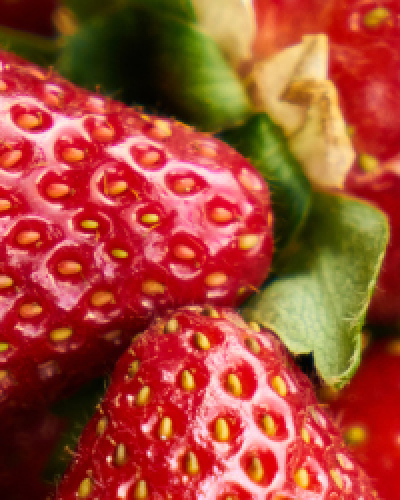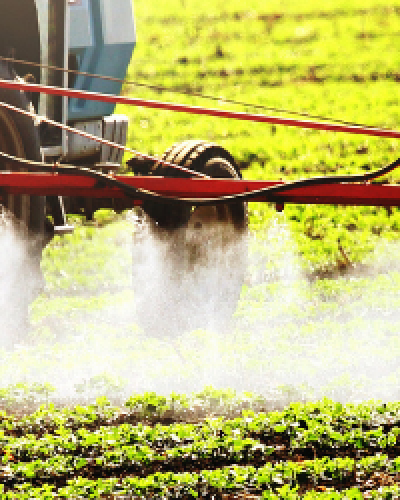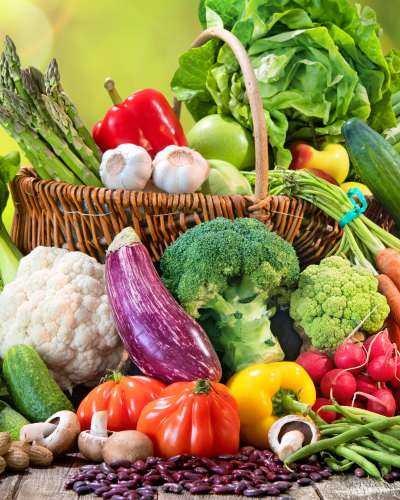Though herbicides like glyphosate are widely used in the conventional production of bananas, their long-term impacts on soil...
Dec 08, 2025
An article published in the Journal of Cleaner Production found that dedicating a larger share of farmland to organic reduces...
Sep 03, 2025
A comprehensive national study published in Frontiers in Cancer Control and Society has found strong associations between...
Jul 23, 2025
A new study from Guanajuato, Mexico published in the journal Agriculture found that grapes grown under organic management...
Jul 16, 2025
A 2025 study published in Environmental Health provides some of the strongest evidence to date that glyphosate and glyphosate-based herbicides (GBHs) pose a significant cancer risk. The research...
Jul 02, 2025
A comprehensive three-year study published in Nature has shown that organic beekeeping practices can maintain honeybee...
May 16, 2025
The benefits of organic practices extend beyond environmental sustainability to include improved nutrition. A recent study...
Apr 04, 2025
A recent study from China found that organically grown strawberries are sweeter, more aromatic and preferred by consumers...
Feb 27, 2025
Chronic exposure to pesticides can accelerate the progression of Parkinson’s disease, according to a recent UCLA study. The...
Dec 09, 2024
A new study published in the journal Foods makes a call for better food labeling that includes measures of nutrient density and the impacts of processing. Authors suggest that improved labeling...

